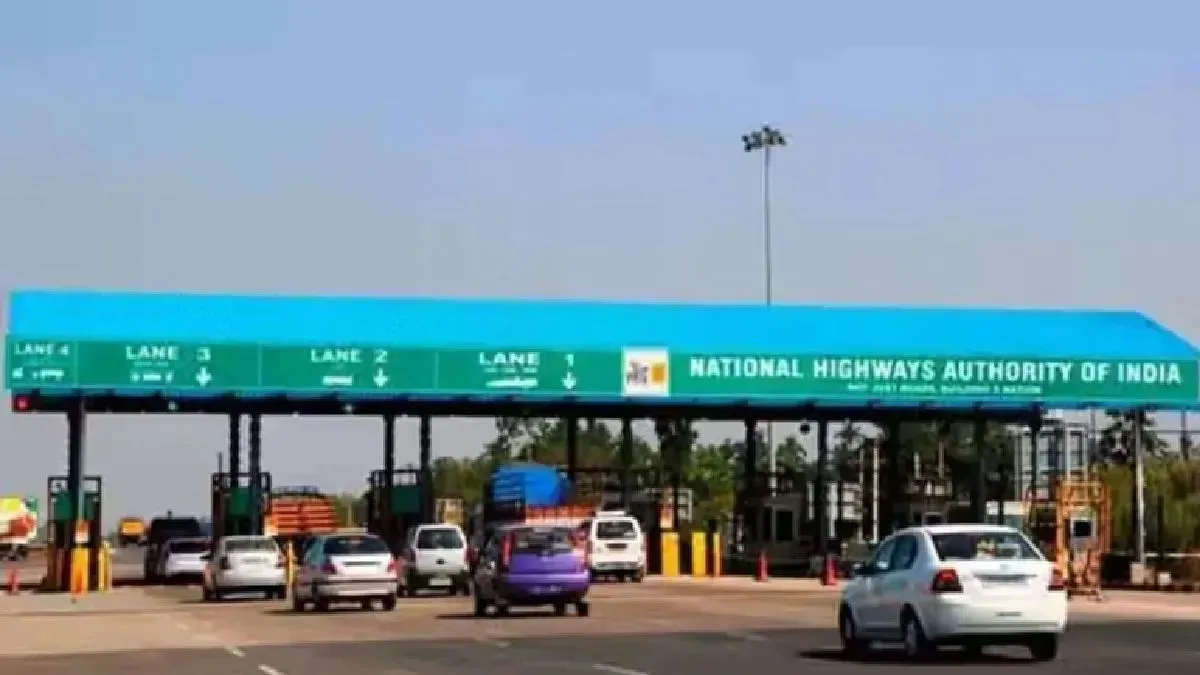- By Chetna Shree
- Fri, 05 Sep 2025 07:56 PM (IST)
- Source:JND
Bengaluru-Chennai Expressway: The 71-km Karnataka stretch of the Bengaluru-Chennai Expressway is no longer toll-free. According to media reports, the National Highways Authority of India (NHAI) has begun collecting tolls on the stretch from September 4. Travellers between Hoskote and Kolar Gold Fields (KGF) will have to pay toll fees based on their vehicle type. Toll charges will vary upon the distance travelled. There are four toll plazas on the stretch: Hedigenabele, Agrahara, Krishnarajapura, and Sundarapalya.
According to NHAI’s regional officer Vilas Brahmankar, toll collection has begun on official orders. Though the 71-km stretch of the expressway was opened to the public in March, toll collection began on September 4, Times of India reported.
Bengaluru-Chennai Expressway: Check Rates For Cars
Hedigenabele (near Hoskote) - Sundarapalya (near KGF): Rs 185 one-way, and Rs 275 round trip.
Sundarapalya - Hedigenabele: Rs 190 one-way and Rs 280 round trip
Bengaluru-Chennai Expressway: Check Rates For Different Vehicles
Toll charges will vary for different vehicles such as light goods vehicles, minibuses, buses and trucks, with the vehicles paying taxes ranging from Rs 295 to Rs 955. Toll taxes will vary depending on the route and number of trips.
Bengaluru-Chennai Expressway: Check Price For Monthly Pass
An NHAI official has said that a vehicle with a Fastag-based Annual Pass costing Rs 3,000 can also ply on the expressway without paying per trip. The NHAI has rolled out monthly passes for frequent commuters with a one-way pass for 50 trips costing Rs 6,105 and Rs 6,260 for round-trip trips.
ALSO READ: Bengaluru Water Tariff Revision: PGs, Apartments To Benefit From BWSSB Rate Cuts; Details Inside
The 71-km stretch of Bengaluru Chennai Expressway is part of the larger 262-km Bengaluru-Chennai Expressway. Construction work in Andhra Pradesh and Chennai is still ongoing, and the full corridor is expected to be operational by July 2026. The maximum speed allowed on the expressway is 120 kmph.


